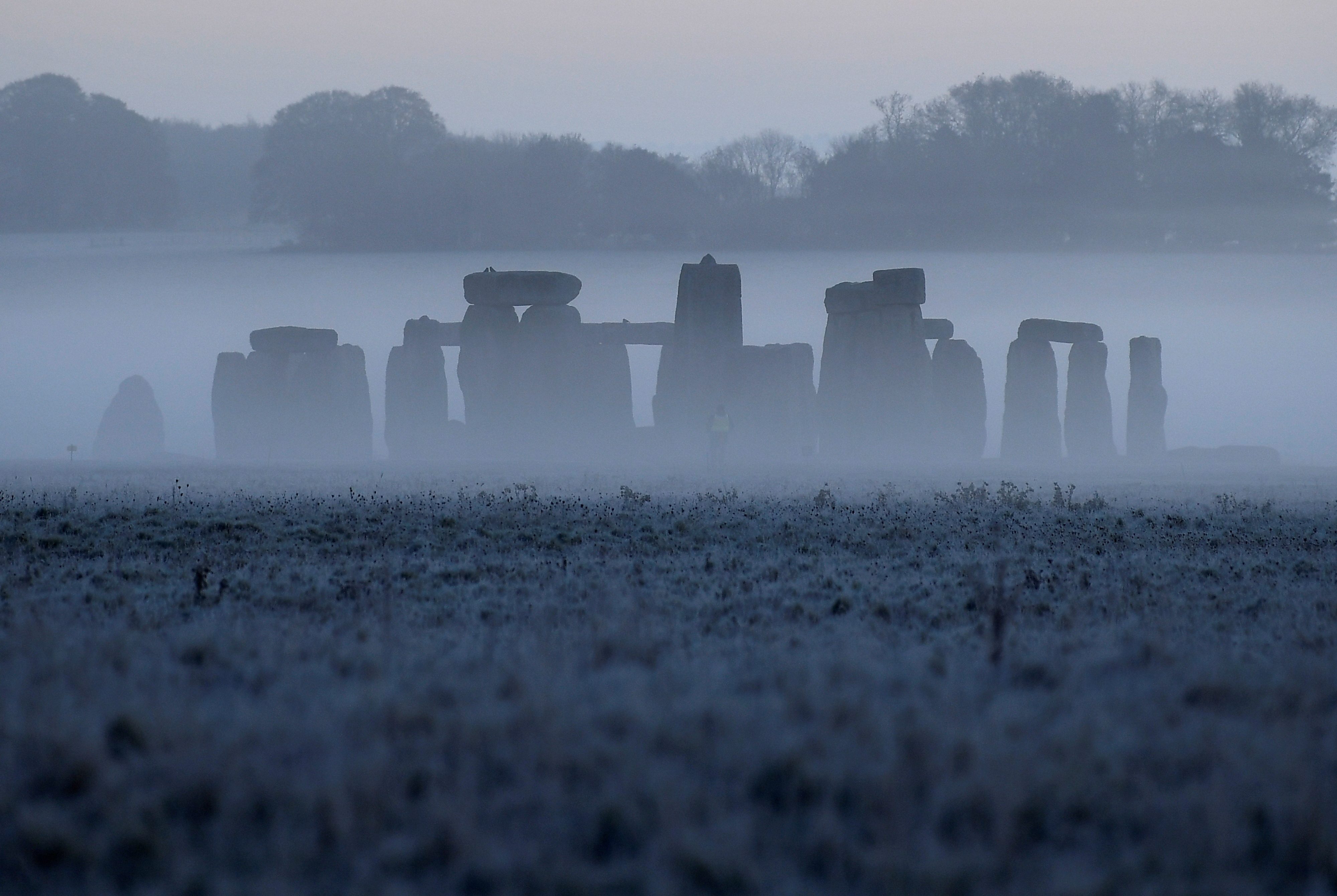SUMMARY
This is AI generated summarization, which may have errors. For context, always refer to the full article.

Archaeologists believe they have discovered the origins of the Stonehenge prehistoric monument after they uncovered the remains of an ancient stone circle in Wales that may have been dismantled and rebuilt hundreds of years later in England.
Among Britain’s most recognizable and mysterious landmarks, the standing stones at Stonehenge draw tourists from around the world and people searching for spiritual connections with the past. Their exact purpose remains unknown.
A team of archaeologists in 2015 had already established some of the stones came from a quarry in the Preseli Hills on the western coast of Wales, more than 150 miles (250 km) away.
Now researchers at the University College London say they believe some of the stones originally formed an even older monument in Wales. They have found significant links between Stonehenge and the site in Wales.
The Welsh circle has a diameter of 110 meters, the same as the ditch that encloses Stonehenge, and both are aligned on the midsummer solstice sunrise. At least one of the blue stones at Stonehenge fits one of the holes found at the Welsh circle.
Parker Pearson, a professor of archaeology at the University College London, who led the investigation, suggests the stones may have been moved as people living in Wales migrated, taking their monuments with them, and re-erecting them at Stonehenge.
“It’s as if they just vanished. Maybe most of the people migrated, taking their stones – their ancestral identities – with them,” Pearson told the BBC.
The discovery will be explored in a documentary to be broadcast on the BBC on Friday evening, February 12. – Rappler.com
Add a comment
How does this make you feel?
There are no comments yet. Add your comment to start the conversation.